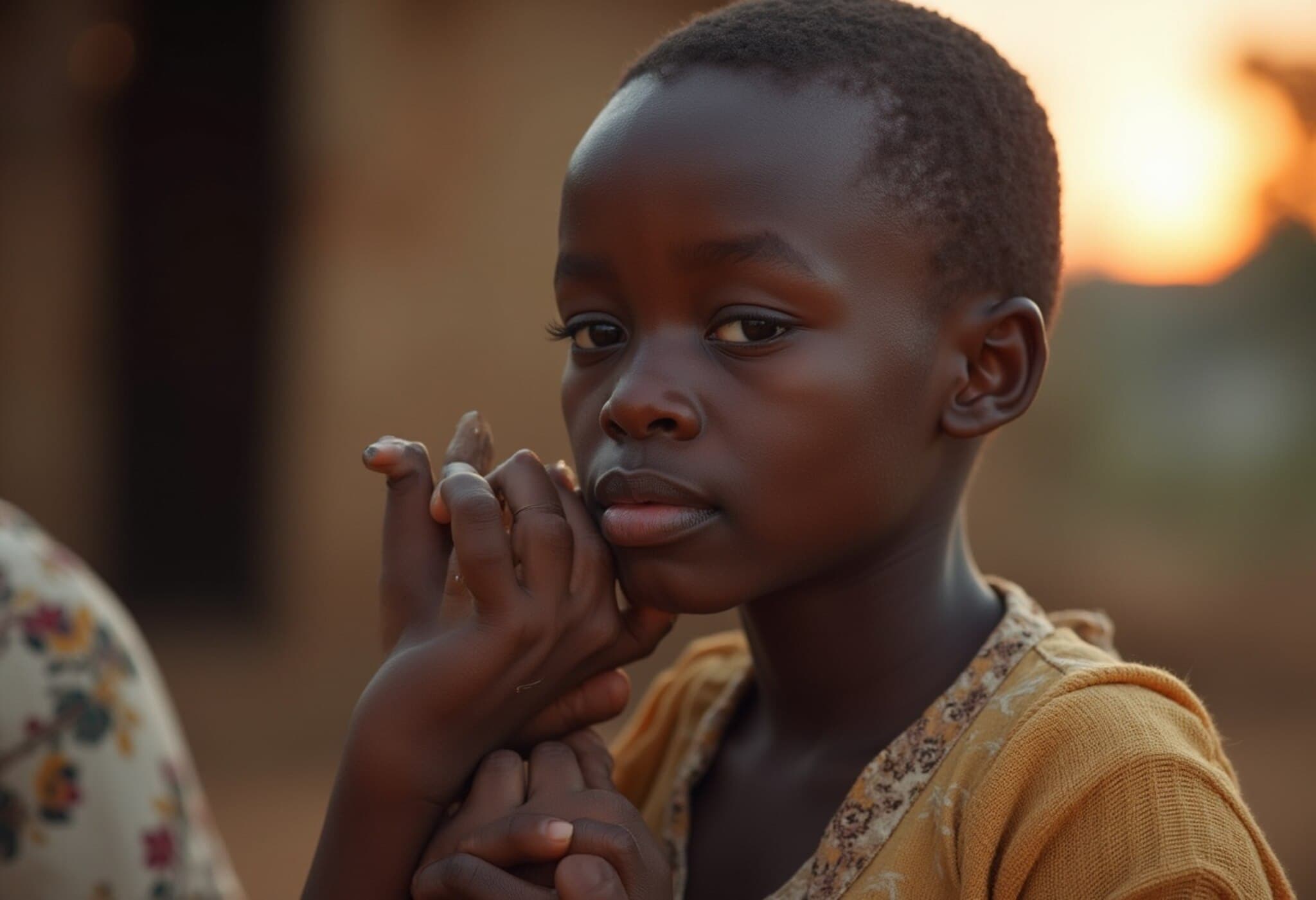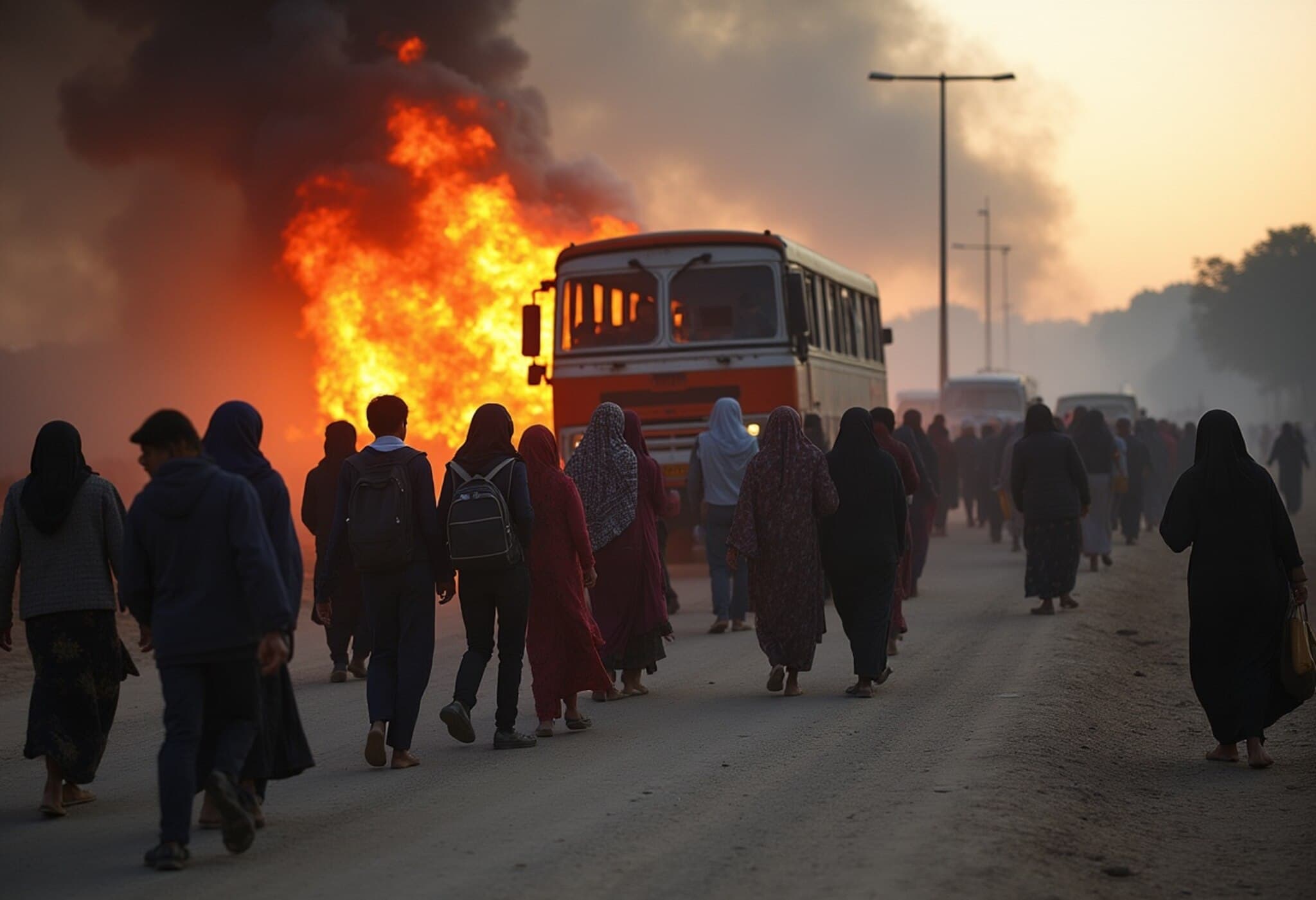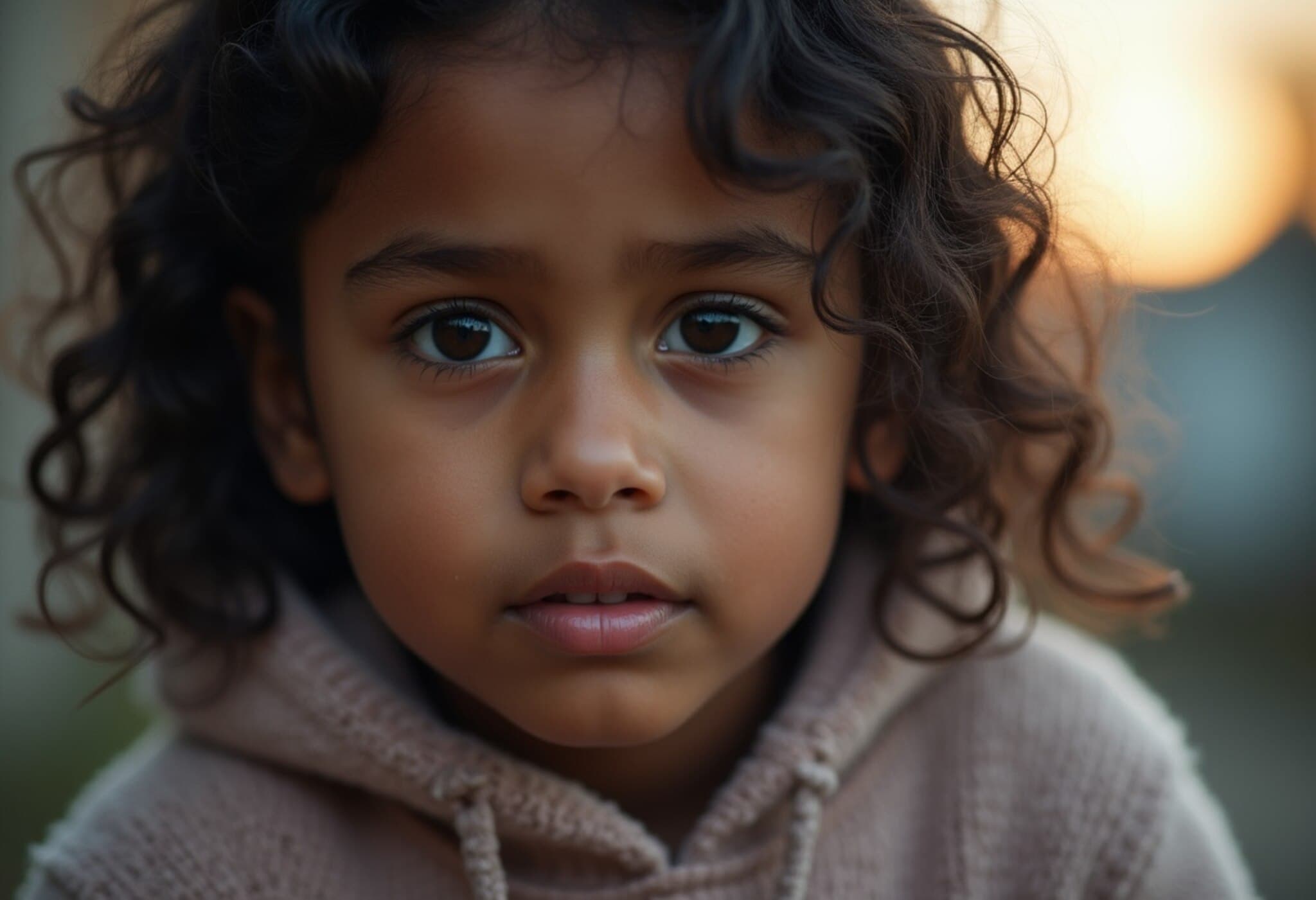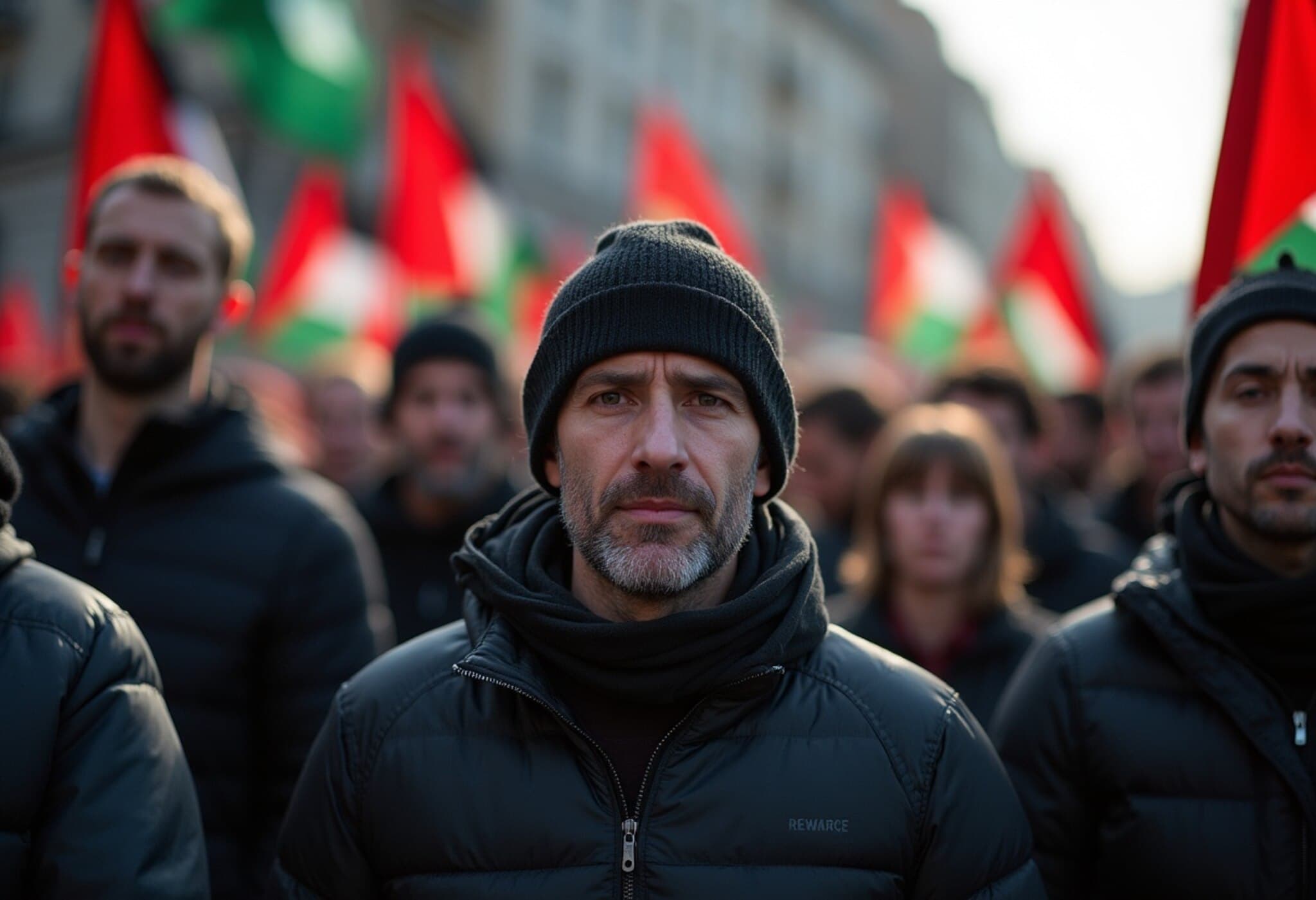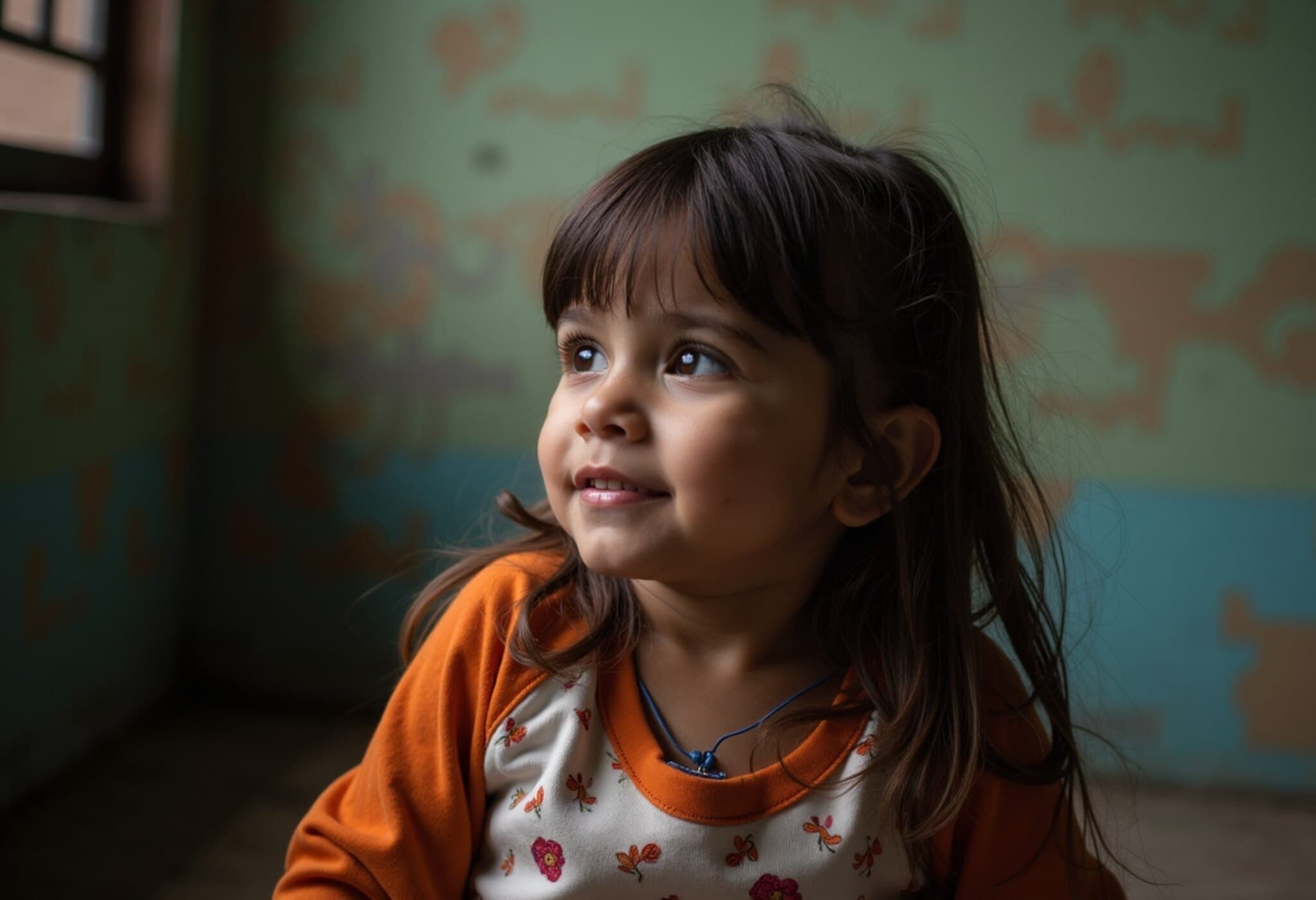Tragic Death Highlights Continued Struggle Against Female Genital Mutilation in Gambia
In a heart-wrenching development from West Africa, Gambian authorities have arrested two women following the death of a one-month-old baby girl believed to have undergone female genital mutilation (FGM). The infant was rushed to a hospital in Banjul, the Gambian capital, after suffering severe bleeding, but was declared dead upon arrival.
FGM: A Dangerous Tradition Persisting Despite Legal Bans
The practice of FGM, outlawed in Gambia since 2015, involves the partial or total removal or injury of female genital organs for non-medical reasons. It is internationally recognized as a gross violation of human rights, endangering the health and wellbeing of millions of girls and women worldwide.
The World Health Organization (WHO) categorizes FGM into four types, ranging from clitoral removal to infibulation, a severe narrowing of the vaginal opening. In Gambia, the practice remains alarmingly widespread, with 73% of women aged 15 to 49 reported to have undergone some form of FGM, often before age six.
Community and Government Voices Demand Urgent Action
Fatou Baldeh, founder of the NGO Women In Leadership and Liberation (WILL), decried the incident, stating, “Culture is no excuse, tradition is no shield, this is violence, pure and simple.” She warned that some parents are subjecting babies to FGM earlier, mistakenly believing infants heal faster and hoping to evade legal detection.
Local MP Abdoulie Ceesay emphasized the need to honor the child's memory by redoubling Gambia’s commitment to safeguarding children’s rights. He said, “This loss must mark a turning point for our nation in protecting every child’s right to life, safety, and dignity.”
Legal Framework and International Perspective
- Gambian law penalizes FGM with fines and prison sentences up to three years.
- If a girl dies due to FGM, perpetrators face life imprisonment, underlining the severity of the offense.
- FGM is globally condemned by the WHO and human rights groups as a form of gender-based violence.
The incident casts a sobering light on the challenges faced in eradicating FGM, particularly where deeply ingrained cultural practices clash with legal reforms and human rights advocacy.
Why This Case Matters Beyond Gambia
While FGM is often perceived as a regional issue, it has significant ramifications internationally—including in the United States—where immigrant communities may carry forward such traditions. Education, culturally sensitive healthcare, and robust legal frameworks are critical in addressing the practice globally.
This tragic event should prompt renewed global reflection and investment into prevention strategies that respect cultural contexts but prioritize health and human rights.
Editor’s Note
This case underscores the lethal consequences that can arise when harmful cultural practices intersect with vulnerable populations. For policymakers and advocates, the challenge lies in balancing respect for cultural identity with unyielding protection for children’s welfare and bodily autonomy.
How can governments and NGOs better harness community leaders and healthcare providers to change perceptions and end FGM? What role does education play in dismantling age-old traditions that put young lives at risk? As we mourn the loss of this infant, these critical questions demand urgent and sustained attention.

